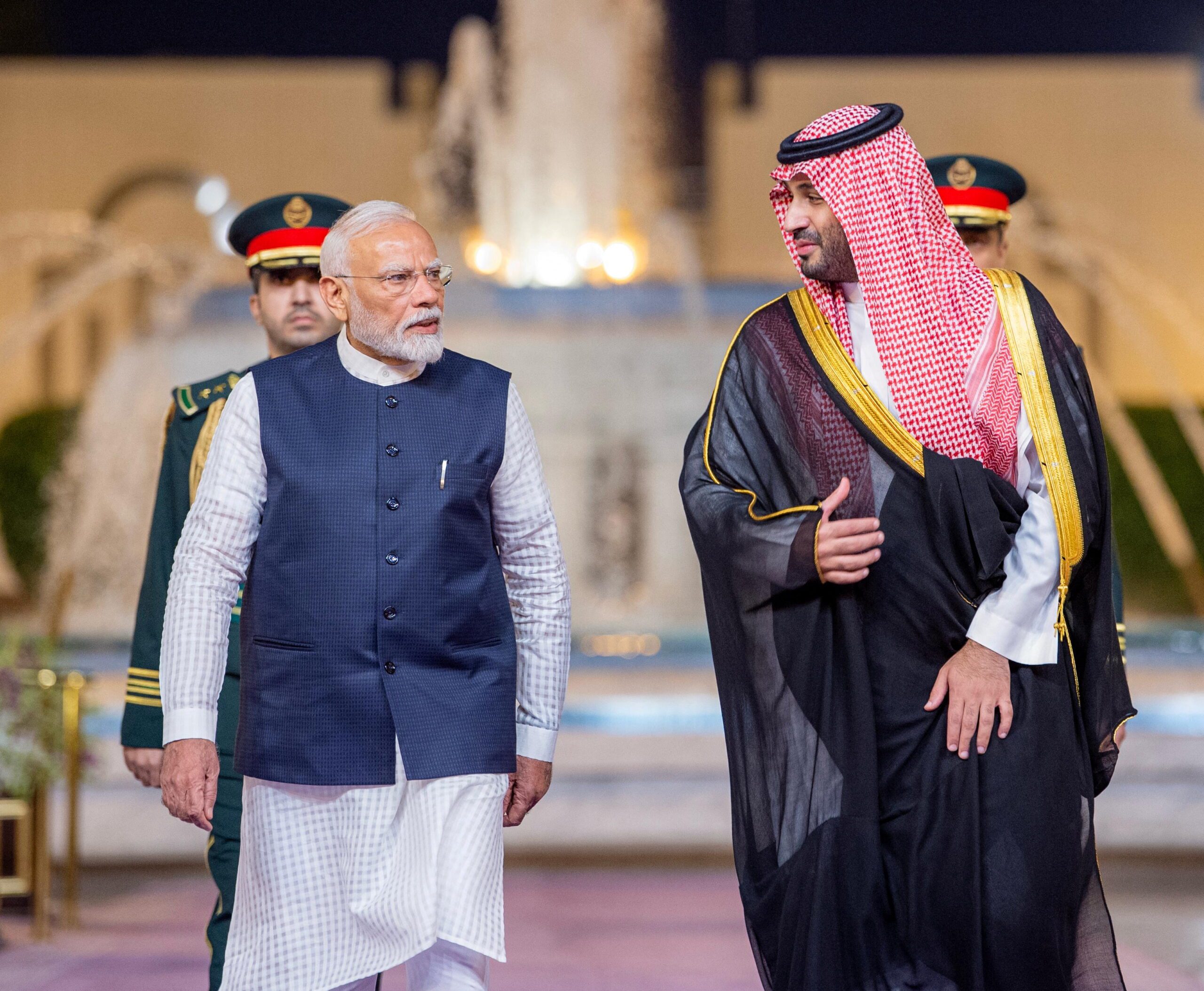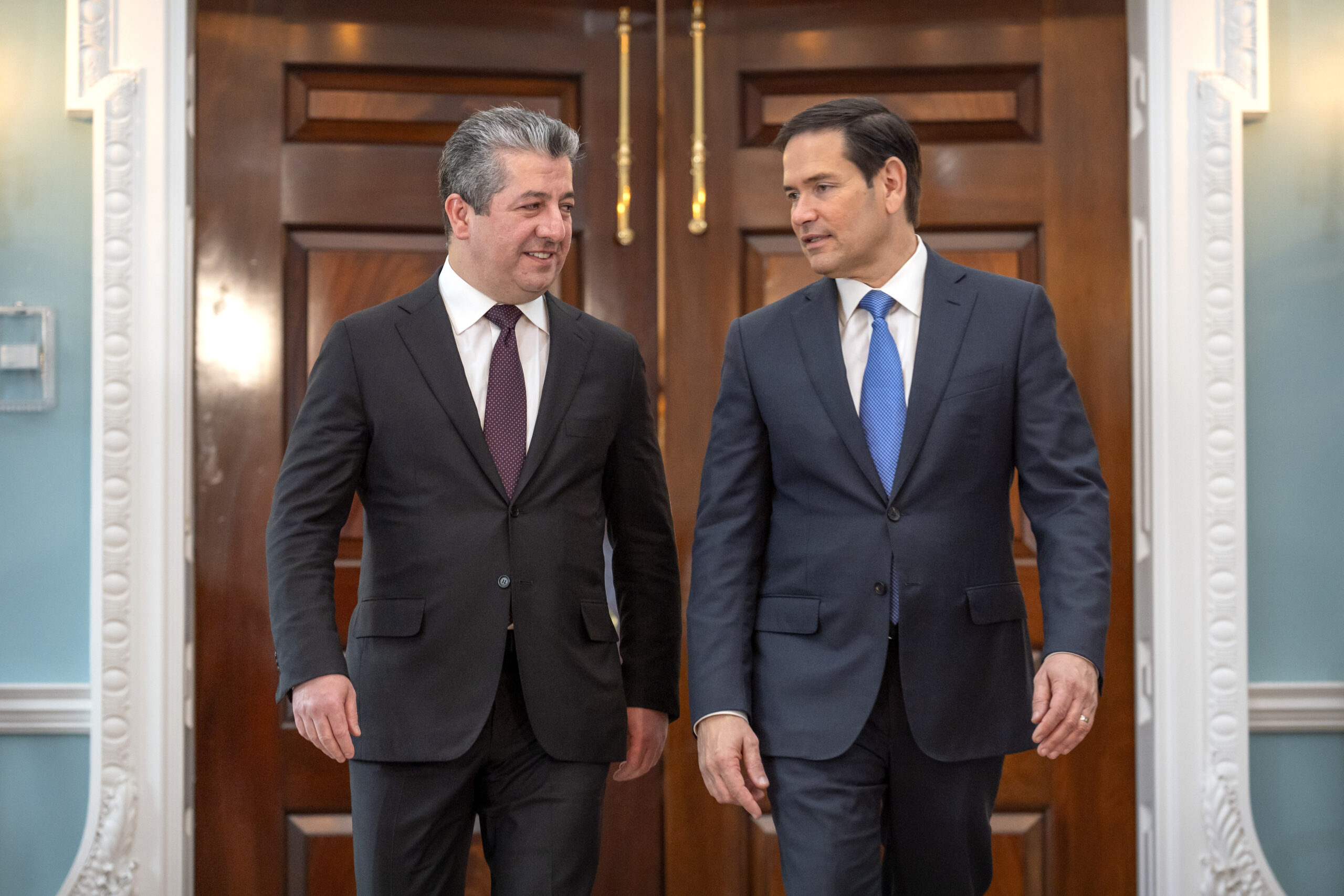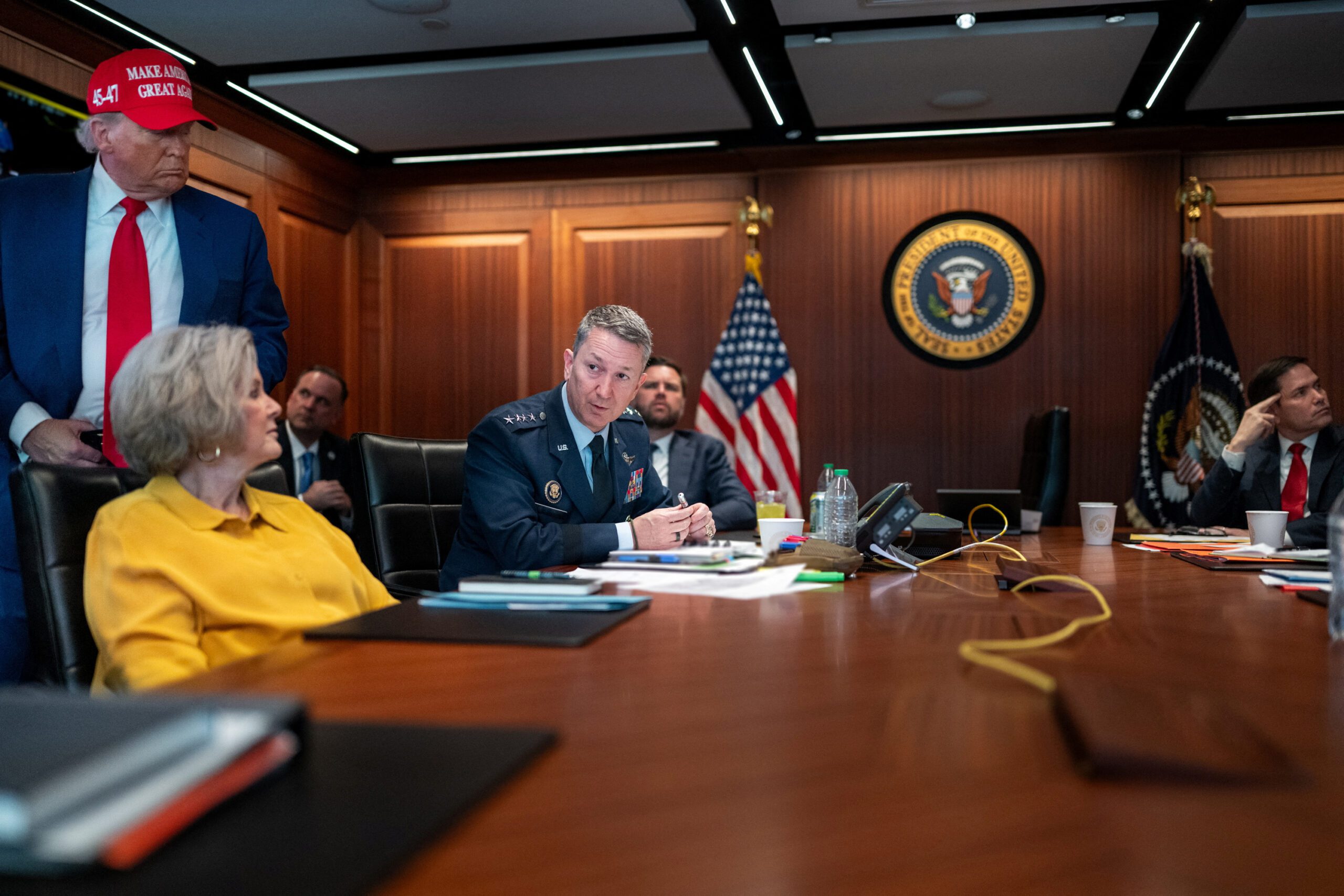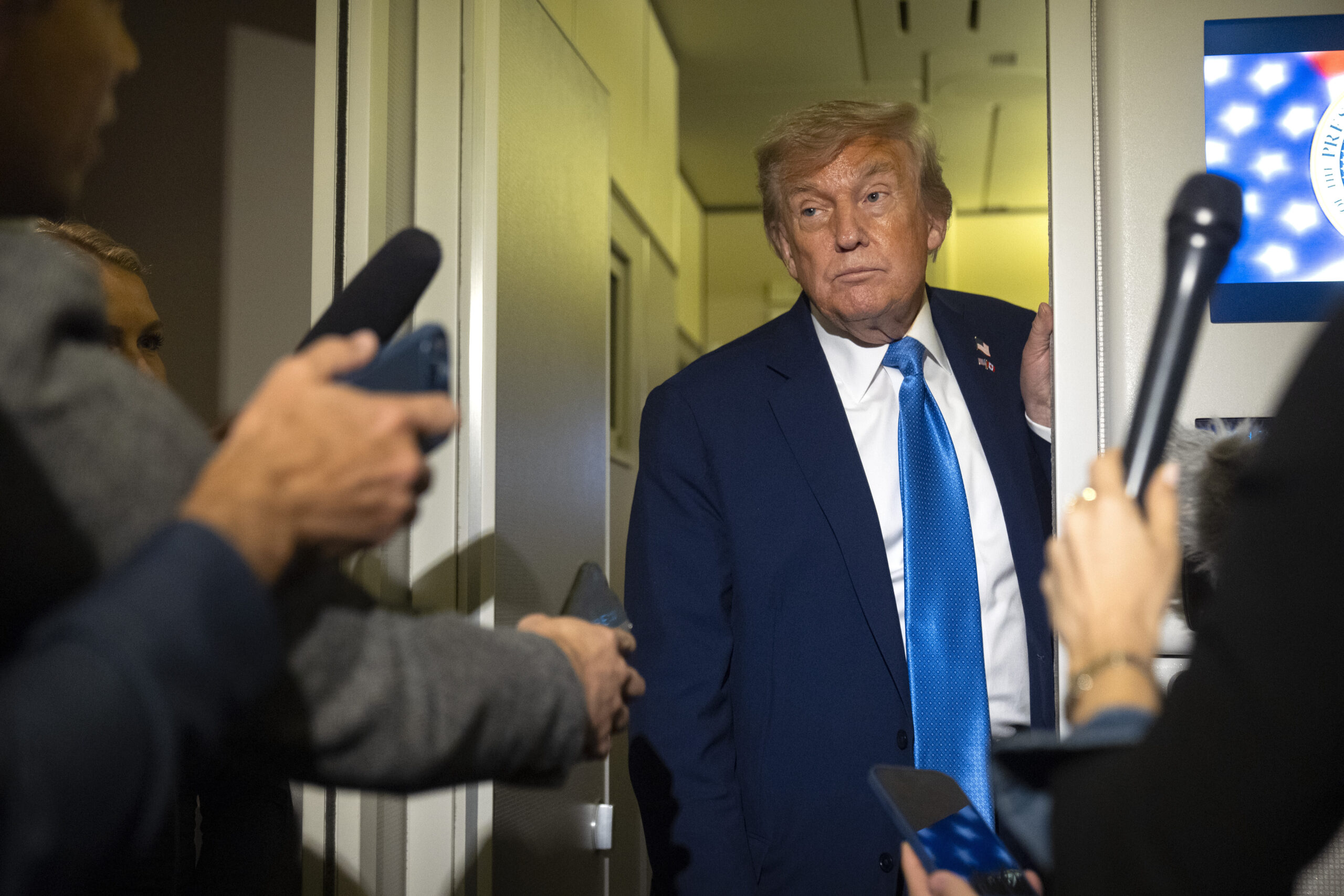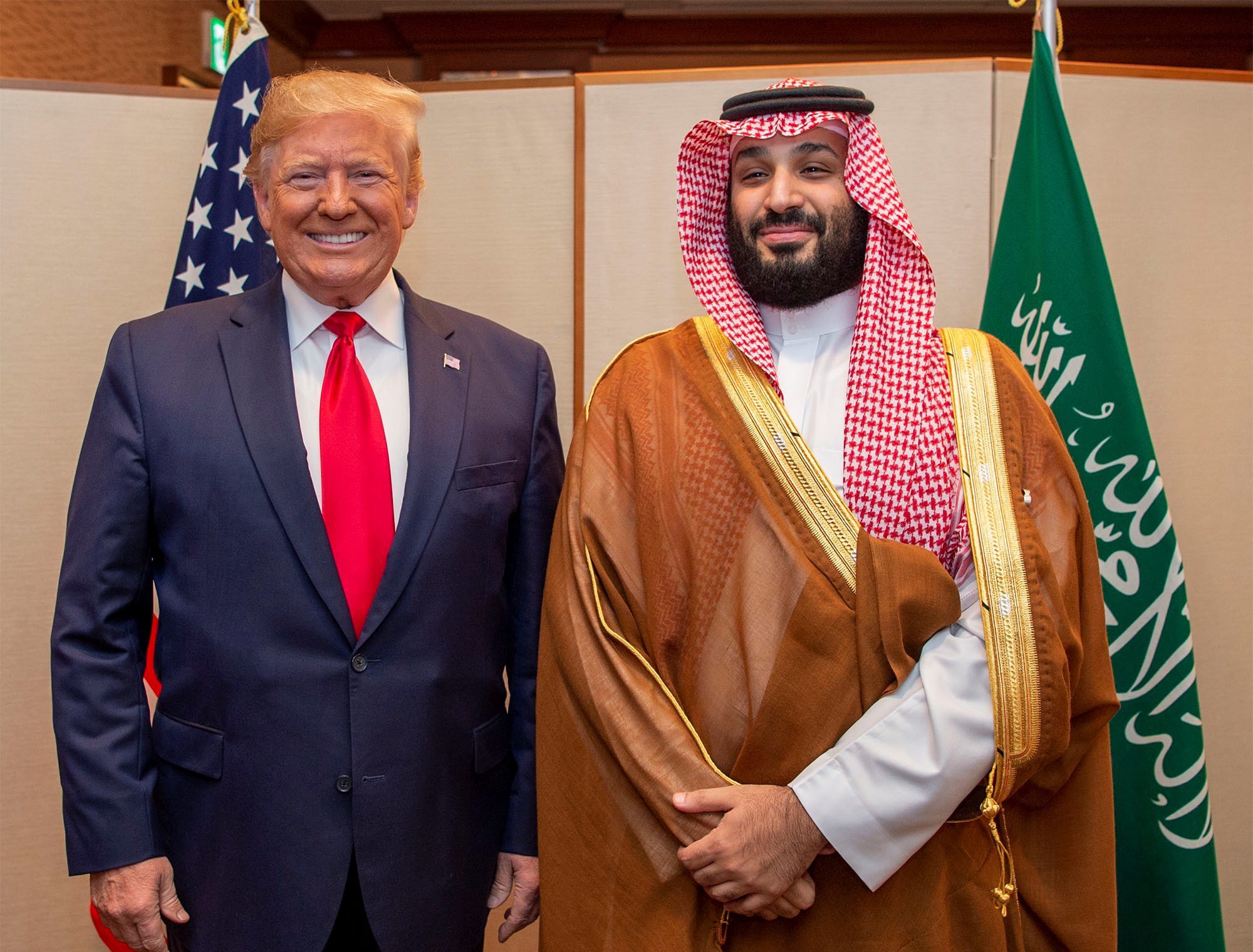Oct 13, 2017
Regional Winners and Losers in the Hamas-Fatah Deal
On October 12, rival Palestinian factions Fatah and Hamas agreed to a national reconciliation pact that began to sketch out a new political arrangement that could lead to far-reaching changes in Gaza with broad, regional implications. Since the decisive break between the two factions in 2007 – each ruling their respective territories in the West...
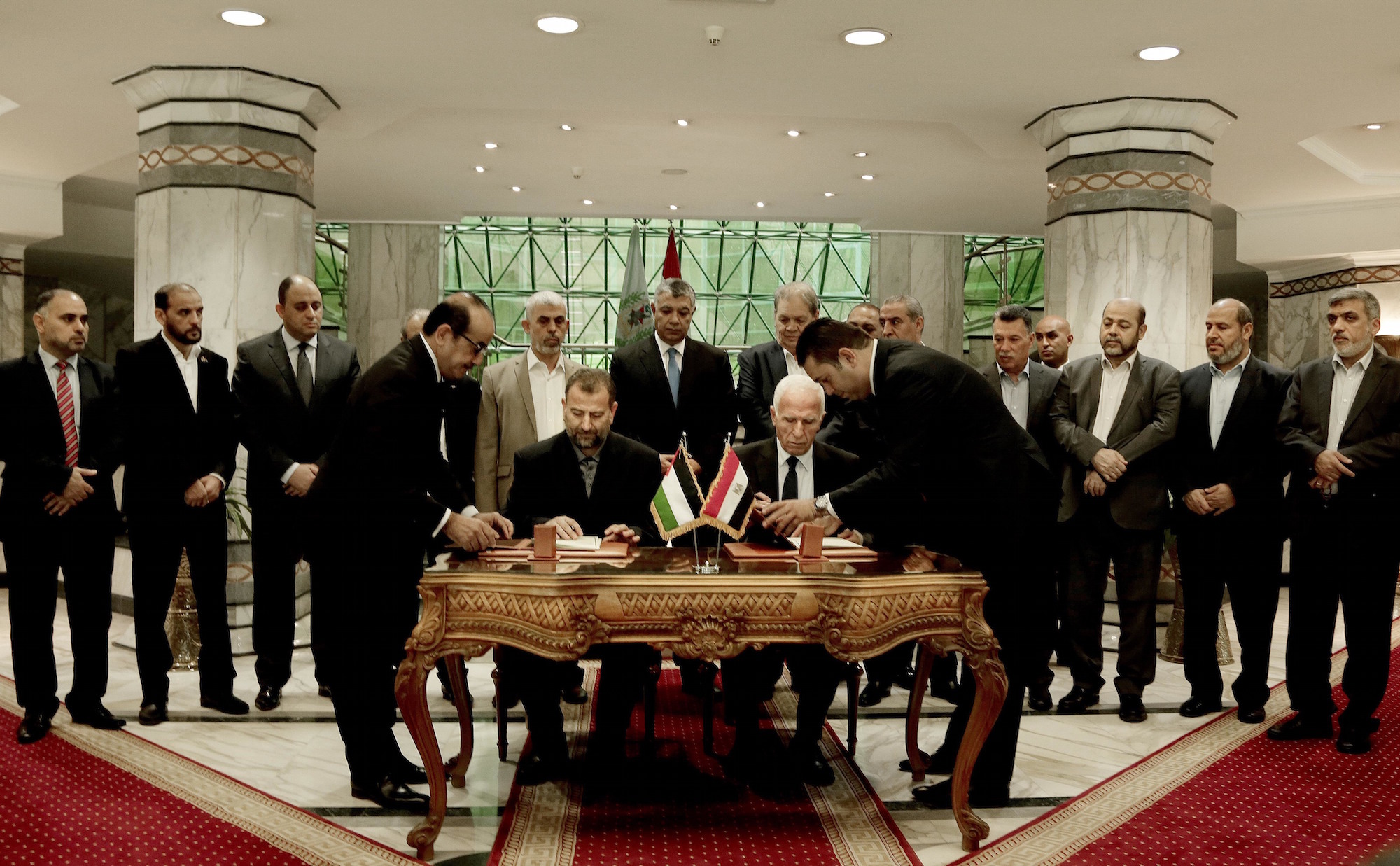
On October 12, rival Palestinian factions Fatah and Hamas agreed to a national reconciliation pact that began to sketch out a new political arrangement that could lead to far-reaching changes in Gaza with broad, regional implications. Since the decisive break between the two factions in 2007 – each ruling their respective territories in the West Bank and Gaza, which were therefore also sundered – Palestinians have reached many such accords. All of them have failed. However, the new arrangement goes much farther than any of its predecessors and seems to enjoy a wide range of regional backing, including from some key Gulf countries, and the prospect of real benefits for almost all parties. Therefore, there is a very good chance that this new arrangement will actually be implemented in Gaza, at least for a time.
The deal, reportedly brokered by Egypt with the strong support of the United Arab Emirates, was signed by Hamas and Fatah negotiators at the headquarters of the Egyptian General Intelligence Service. While the text of the agreement has not been made public, the deal apparently involves a commitment by Hamas to turn over control of Gaza’s borders and crossings to the Palestinian Authority. This could lead to a rapid opening of the Rafah crossing with Egypt, the main lifeline in and out of Gaza for its nearly 2 million residents, most of whom are refugees. Hamas has also promised to relinquish day-to-day governance and administration in Gaza to a PA-controlled authority, including PA security forces from the West Bank that have developed a strong track record of coordination with Israel. Hamas apparently intends to incorporate its own bureaucrats into the new governance system.
Yet many of the most difficult issues dividing the nationalist Fatah and Islamist Hamas factions remain unresolved. Hamas continues to insist that it will not disarm its paramilitary Qassam Brigades or compromise on the right of armed struggle against Israel. PA and Fatah leaders are openly fretting about the prospect that Hamas may seek to retain a powerful independent militia, while handing the burden of governance to their rivals.
The idea is to implement a system that gives each Palestinian party something it wants, but without addressing the key issues that divide them. Hamas gets relief from overwhelming pressure, including from the Gaza public and the burden of governance. Fatah pockets significant concessions from its rivals and, therefore, a major political victory, and returns in some kind of triumph to Gaza. And the millions of Gaza residents are likely to get a good measure of relief from the unconscionable privation and isolation they have suffered since 2006 at the hands of Israel, Egypt, Hamas, and the PA.
Yet the core differences dividing the Palestinians remain totally unresolved. This includes trying to fit the square peg of Hamas’s ideological commitment to armed struggle until “victory” against Israel into the Palestine Liberation Organization’s round hole of seeking a negotiated agreement for a two-state solution. Nonetheless, it’s likely that the benefits to all sides mean that some kind of effective unity government in Gaza will actually be formed – at least until the underlying differences become unmanageable and the powder keg once again explodes.
The winners and losers among the outside parties are fairly clear cut. Egypt has demonstrated its ongoing regional relevance, in particular its unique ability to broker an effective Palestinian negotiating process (in contrast to other aspirants to this role such as Turkey and Qatar). In addition, Egypt may have found a formula to stabilize Gaza, which has been a bleeding wound on its northern border, and cut off support and sanctuary for Egyptian extremist groups in Sinai. Cairo has also delivered another crushing blow to the Muslim Brotherhood. The UAE has played a crucial supporting role, working closely with the Egyptians and promising to fund the construction of a new power plant that would provide desperately needed electricity to Gazans and a fund for families of fighters killed in intra-Palestinian violence, particularly in 2007 when Hamas expelled Fatah from Gaza.
Egypt and the UAE have also probably succeeded in getting PA President Mahmoud Abbas to make a concession of his own, although all the formal ones came entirely from Hamas. Both countries have been angling to promote the return of former Fatah security chief Mohammed Dahlan to Gaza, where he retains popularity with Fatah members and has strong personal relations with some of the new generation of Hamas leaders. Yet he continues to be largely unpopular in the West Bank, and Abbas and Dahlan despise each other. Yet, if the agreement is going to be implemented, someone is going to have to lead the new Fatah-dominated administration and security structure in Gaza, and it is very likely to be Dahlan, who has been living in Abu Dhabi since 2011 and reportedly has close relations to UAE leaders.
It may be that, under the circumstances, the other benefits to Abbas were so attractive that he is finally ready to swallow the bitter pill of Dahlan returning to power in Gaza under the rubric of both Fatah and the PA. Indeed, for months Dahlan has been engaged in friendly talks with senior Hamas figures such as Yehya Sinwar and contributing money raised in the UAE. And he has been at the center of laying the groundwork for much of the new reconciliation deal.
Israel and the United States are both maintaining an arms-length distance from the agreement, but neither moved to stop the agreement. According to U.S. and Arab sources, the administration of U.S. President Donald J. Trump approves of the deal. And while Israel has been insisting publicly that Hamas must meet a long list of requirements that it is unlikely to agree to, Israeli officials were reportedly in Cairo on October 10 to confer with the Egyptian negotiators who brokered the agreement that was formally signed two days later. Therefore, it appears that although the United States and Israel are not publicly celebrating the accord, both are quietly pleased that control of Gaza borders may soon be in the hands of relatively trusted forces from Egypt and the PA.
The biggest loser, regionally and internationally, is almost certainly Qatar. Doha has long sought to be a major player in Gaza, and has viewed the Hamas government there as a key part of its regional network, along with other Muslim Brotherhood-oriented groups and Turkey. However, as the confrontation between Qatar and the quartet of countries opposing Doha’s policies has festered, the campaign to squeeze Hamas in Gaza gained steam: The PA cut a range of support and services, Israel withheld electricity due to nonpayment, and pressure came from Egypt and elsewhere. Indeed, pressure from Cairo, which controls the Rafah crossing, had already pushed Hamas in May to renounce ties to the transnational Muslim Brotherhood movement.
Moreover, Cairo and the UAE made it clear that serious benefits were on offer, but with certain conditions, in particular, breaking the strong alliance with Doha. The first clear indication that such a choice was being made came with the October 2 visit to Gaza by PA Prime Minister Rami Hamdallah, a move that presaged the formal agreement between Hamas and Fatah. If Hamas is willing to take a backseat in the administration of Gaza, it therefore seems to have chosen, for now, to embrace Egypt and the UAE, and distance itself from Turkey and, much more importantly, Qatar.
It appears likely that this latest agreement, with its strong international support and regional backing and financing, will produce a new governance arrangement in Gaza. However, given continuing profound disagreements on the major national questions that persist among the Palestinian groups, the long-term prognosis for national reunification – and even the stability of the new administration in Gaza – are very questionable. Meanwhile, however, these developments can only be seen as a significant blow to the regional fortunes of Qatar and the Muslim Brotherhood, and their allies, and a very significant victory for Egypt and the UAE, and their partners.
The views represented herein are the author's or speaker's own and do not necessarily reflect the views of AGSI, its staff, or its board of directors.


